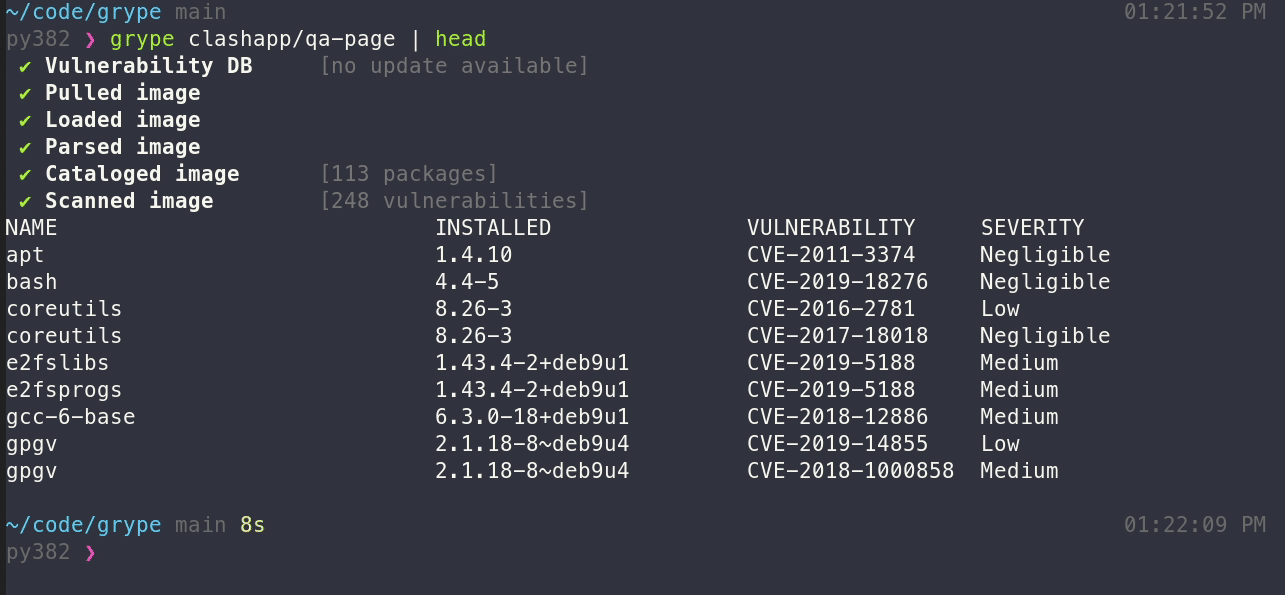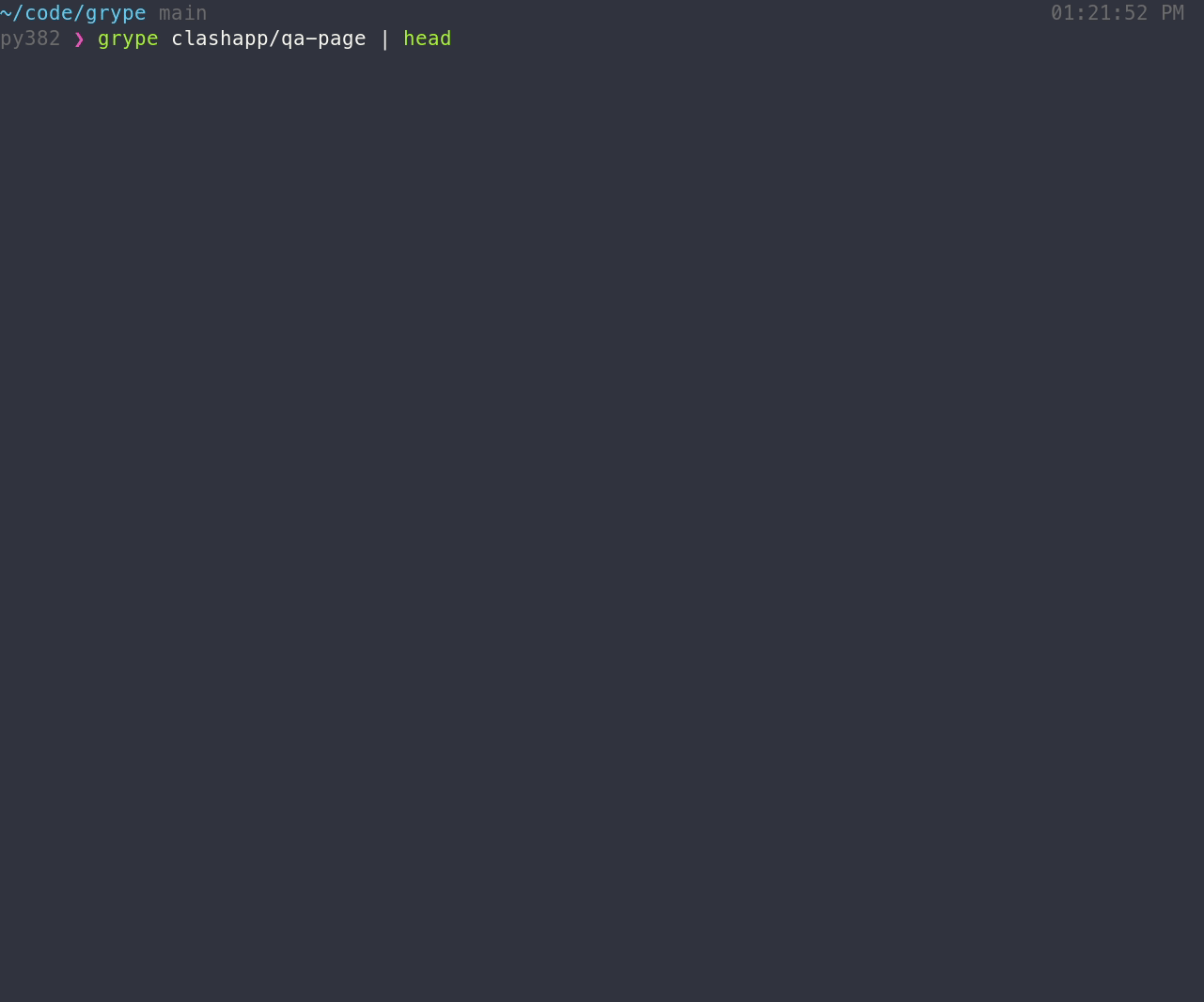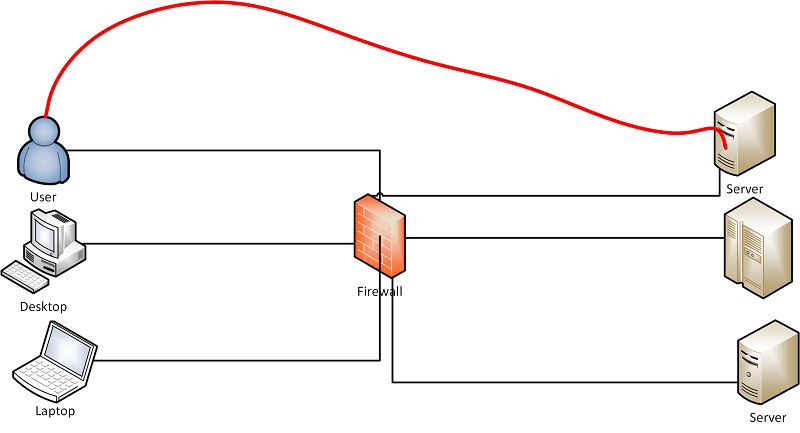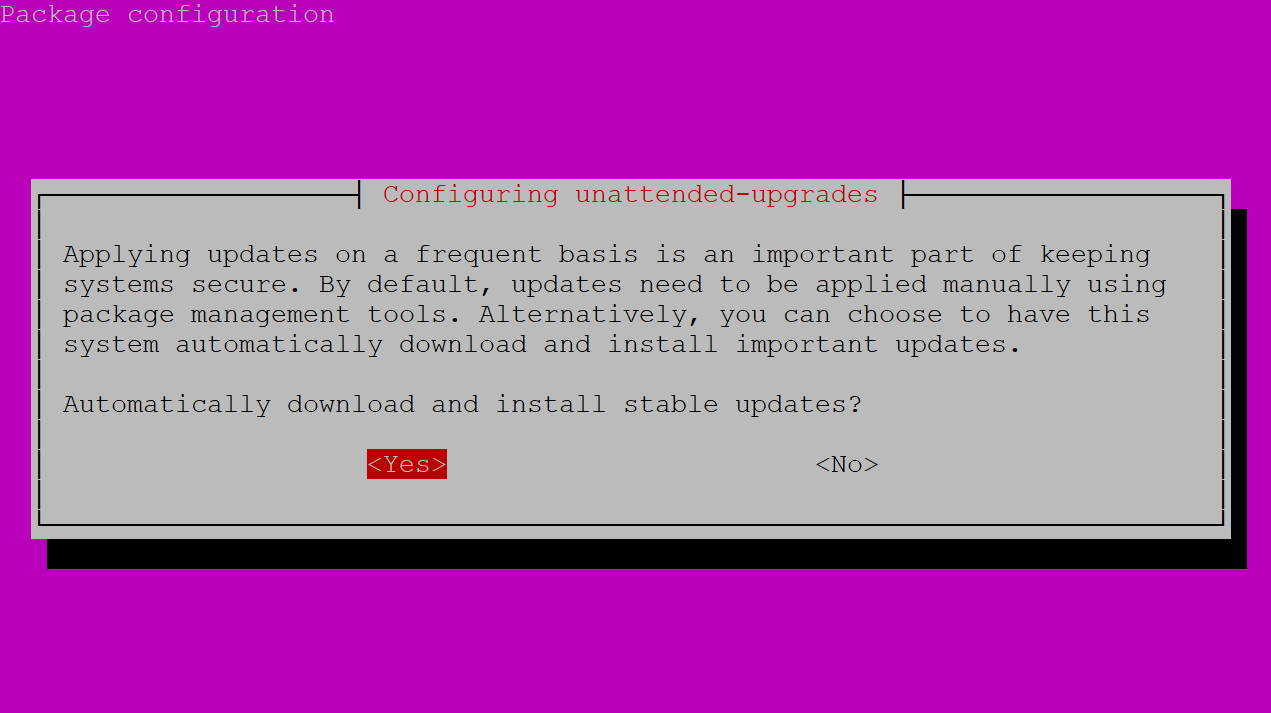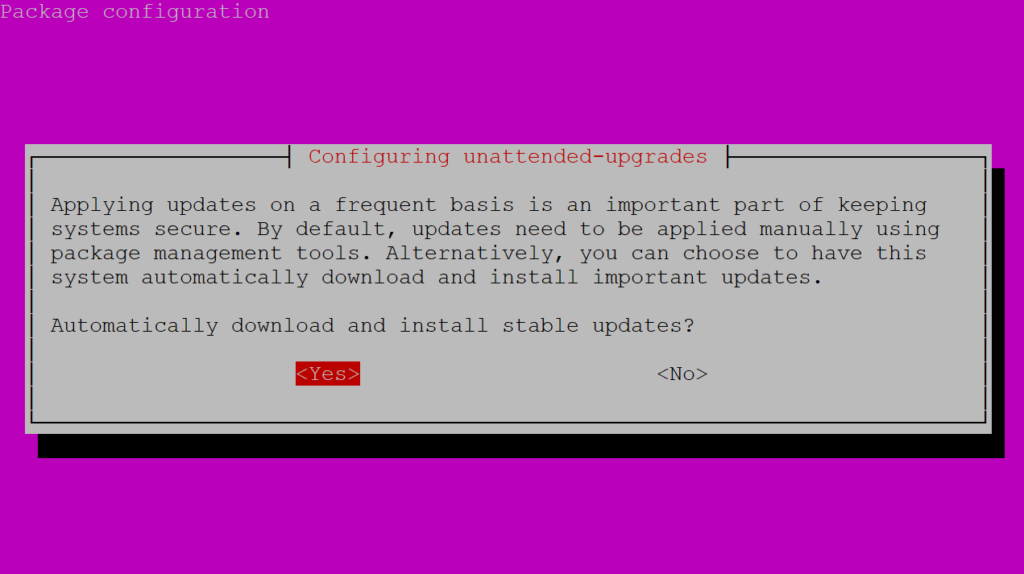Linux is a Unix-like and POSIX-compliant computer operating system assembled under the model of free and open source software development and distribution. The defining component of Linux is the Linux kernel, an operating system kernel first released on 5 October 1991 by Linus Torvalds.
tor-rootkit is A Python 3 standalone Windows 10 / Linux Rootkit. The networking communication get’s established over the tor network.

Disclaimer
Use for educational purposes only.
How to use
- Clone the repo and change directory:
git clone https://github.com/emcruise/TorRootkit.git cd ./tor-rootkit
- Build docker container:
docker build -t listener .
- Run docker container:
docker run -v $(pwd)/executables:/executables/ -it listener
- Deploy the executables: When the listener is up and running it generates a “executables” directory containing different payloads for different plattforms.
TorRootkit/ │ ... └ executables/
Note: The client can take some time to connect because PyInstaller executables are a bit slower and it need’s to start tor.
Features
- Standalone executables for Windows and Linux, including python interpreter and tor
- the whole communication works over tor hidden services which guarantees some degree of anonymity
- The Listener can handle multiple clients
- The Listener generates payloads for different platforms on startup
Listener Shell Commands
| Command | Explanation |
|---|---|
| help | Shows the help menu |
| ^C or exit | Exits the shell |
| list | lists all connected clients with their according index |
| select <index> | start shell with client |
Client Shell Commands
| Command | Explanation |
|---|---|
| help | Shows the help menu |
| ^C or exit | Exits the client shell and returns to listener shell |
| os <command> | Executes a command in the clients shell and returns the output |
| background | Keeps the connection to a client and returns to listener |
Contribution
Any contributions are appreciated. Make a pull-requests and I’ll merge if it passes my automatic tests. More here


